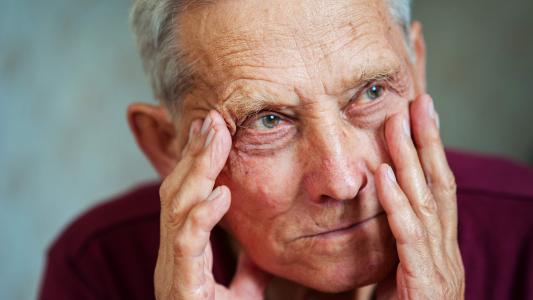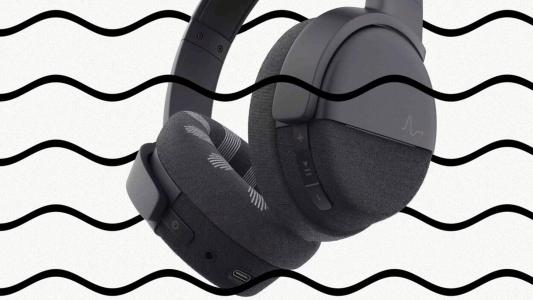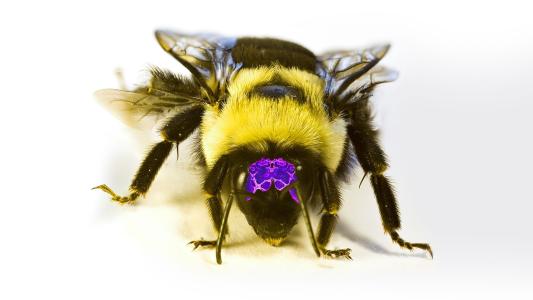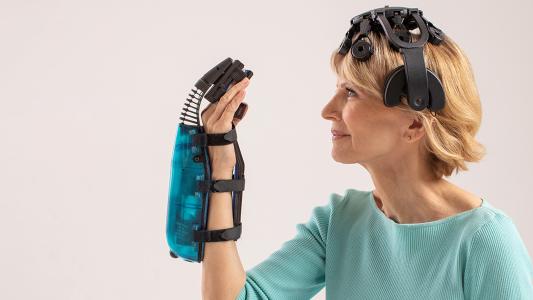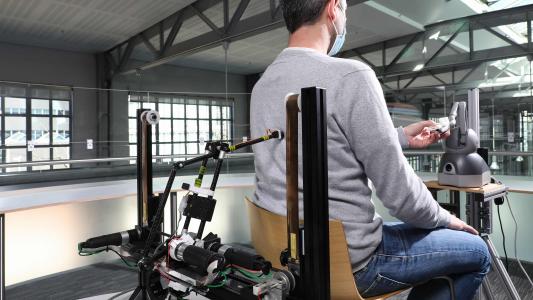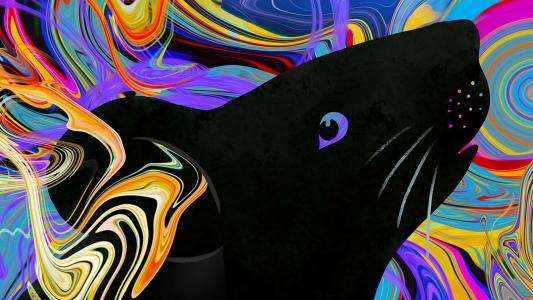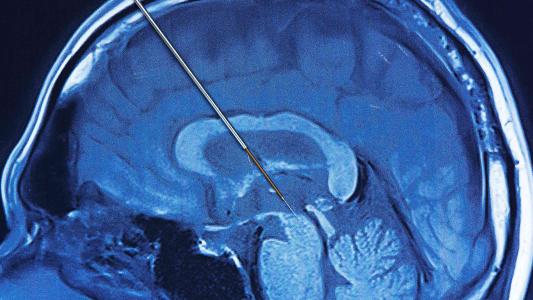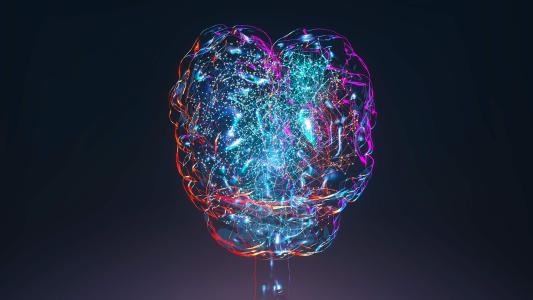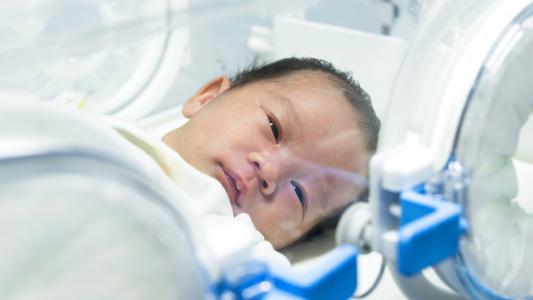Neuroscience
Four types of Alzheimer’s discovered in international study
A study has identified four distinct types of Alzheimer’s disease, based on how the tau protein spreads in patients’ brains.
These brain-sensing headphones could help you focus
Boston startup Neurable is now accepting preorders for Enten, brain-sensing headphones that use EEG data to help users’ maximize their focus.
App can detect early sign of autism in toddlers
A Duke University smartphone app that can detect an early sign of autism in toddlers could one day make diagnosing autism in young children far easier.
Neuroscientists are making "bug brain soup"
A novel method for counting neurons that involves mashing insects’ brains into a “soup” has led to several new discoveries about bugs.
FDA authorizes mind-controlled exoskeleton for stroke rehab
Neurolutions’ IpsiHand — a brain-computer interface that uses an exoskeleton to assist with stroke rehab — has been authorized by the FDA.
Back-poking robot triggers presence hallucinations
A back-poking robot can trigger presence hallucinations in people with Parkinson’s disease, giving researchers a way to finally study the phenomenon.
Game triggers auditory hallucinations in mice and people
An experimental game that triggers auditory hallucinations in both mice and humans could lead to new treatments for schizophrenia.
Deep brain stimulation: explained
Deep brain stimulation is being studied as a treatment for any number of neurological and psychological conditions. But what is it, exactly?
Wireless brain-computer interface moves out of the lab
A new wireless brain-computer interface was able to record and transmit brain signals as effectively as the “gold standard” wired systems.
Therapeutic bed could help prevent brain damage in babies
Calmer is a therapeutic bed for incubators that simulates a caregiver’s breathing and heartbeat to relieve stress in newborns.
